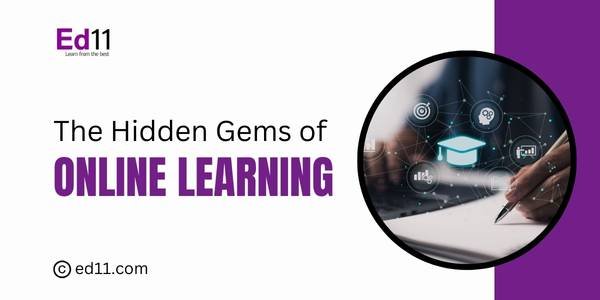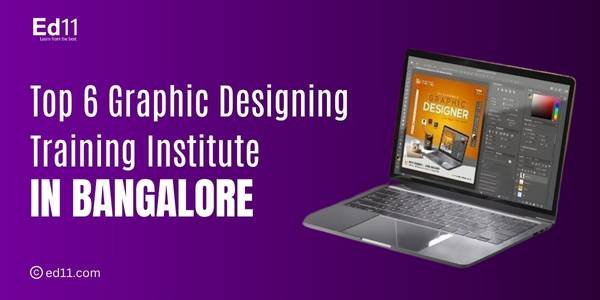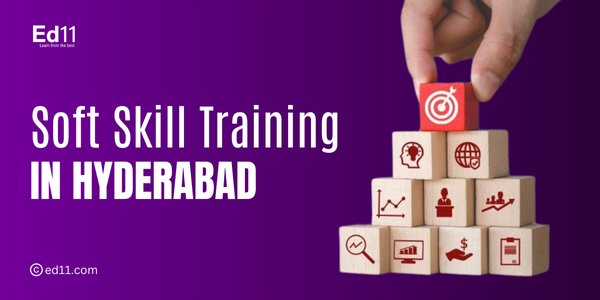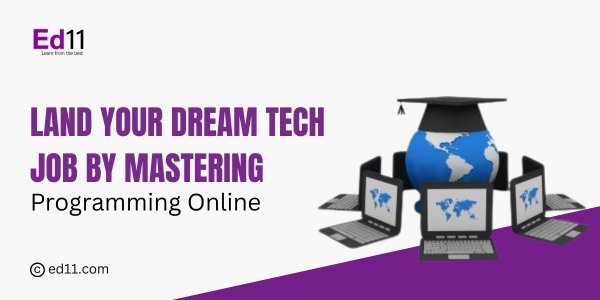Online Course Platforms for Learning New Skills
Discover top online course platforms to learn new skills anytime. Upgrade your career, explore hobbies, and grow with flexible learning options.

Online course platforms provide learners with unparalleled access to quality education anytime, anywhere. These platforms serve as virtual classrooms, connecting learners and instructors globally while offering diverse courses. When I first started my journey in the e-learning industry as an online course platform specialist, I had a conventional educational background, so I was doubtful. However, as I collaborated with teachers and students, I saw how online learning platform environments might remove boundaries and make top-notch education accessible to everybody with an internet connection. Online learning platforms are transforming the process of acquiring new skills, such as learning to code, grasping the subtleties of digital marketing, or mastering a new language.
What Is an Online Course Platform?
An online course platform is a website or app where people can take courses or lessons on various topics over the Internet. These platforms offer a wide range of courses, such as learning to code, photography, cooking, and business skills. Students can access lessons, videos, quizzes, and assignments from anywhere, at any time, using a computer or smartphone. Examples include platforms like Coursera, Udemy, and Khan Academy. These platforms make learning convenient and flexible, allowing people to learn at their own pace.
Key Features of an Online Course Platform
-
Integration of Advanced Technologies: Artificial Intelligence (AI): AI will play a significant role in personalizing learning experiences. It will analyze students’ progress and adapt course content to suit their needs, offering tailored recommendations, adaptive assessments, and real-time feedback.
-
Virtual Reality (VR) and Augmented Reality (AR): Immersive technologies like VR and AR will bring lessons to life. Imagine biology students exploring virtual human anatomy or history enthusiasts walking through ancient civilizations.
-
Blockchain for Credentialing: Blockchain will revolutionize how certifications are issued and verified, creating tamper-proof digital credentials that are globally recognized.
-
Gamification and Interactive Learning: The incorporation of game elements, such as badges, leaderboards, and challenges, will make learning more engaging. Gamification not only motivates learners but also fosters healthy competition and improves retention. Interactive elements like live Q&A sessions, real-time projects, and peer collaborations will enhance the learning experience.
-
Expanding Access to Global Education: As internet access improves worldwide, online course platforms will reach even the most remote locations. Partnerships with governments and NGOs will help provide free or low-cost education, ensuring inclusivity and equity in learning.
-
Focus on Microlearning: The future of learning is moving towards bite-sized, focused modules. Microlearning enables learners to quickly acquire specific skills, making it ideal for busy professionals and students. This approach also aligns with the increasing demand for just-in-time learning in the workplace.
Types of Online Courses Available
Online course platforms host a wide range of courses tailored to different learning needs. Here are the primary types:
-
Professional Development Courses: focused on advancing careers, these include certifications in fields like IT, management, and finance.
-
Creative Skills Courses: From graphic design to photography, these courses nurture artistic talents.
-
Academic courses covering subjects like math, science, and the humanities help students excel in their academics.
-
Soft skills courses: topics like communication, leadership, and time management are included here.
-
Technical Skills Courses: Perfect for learning coding, data analysis, or AI, equipping students with in-demand skills.
-
Hobby and Lifestyle Courses: These include baking, gardening, and fitness-related programs for personal enrichment.
How Online Courses Help Build a Student's Career
Online courses are career-building tools that equip students with the latest skills demanded by industries.
-
Bridging skills gaps: Many graduates find themselves underprepared for the job market. Online course platforms provide targeted skills that complement traditional education.
-
Enhanced Resumes: Certifications from reputable platforms like LinkedIn Learning or Google Skillshop stand out to employers.
-
Networking Opportunities: Interactive features like discussion boards and live webinars connect students with peers and professionals.
-
Access to Global Resources: Learners can access expert knowledge from instructors worldwide, often unattainable through conventional means.
How Online Courses Prepare Students for the Future
-
Providing Flexible Learning Opportunities: Students can learn at their own pace, making it ideal for those balancing studies or jobs.
-
Promoting Lifelong Learning: With industries evolving, staying updated through continuous learning ensures relevance.
-
Encouraging Cross-Disciplinary Skills: Platforms offer bundles where students can combine technical skills with creative ones, like pairing graphic design with marketing.
-
Encourage a Global Mindset: By learning from international instructors, students develop a broad perspective, which is invaluable in an interconnected world.
How are online courses designed to help students succeed?
-
Engaging multimedia content: videos, quizzes, and interactive assignments cater to different learning styles.
-
Clear learning objectives: courses are designed with milestones to help students track their progress.
-
Accessible Learning Materials: Most platforms offer downloadable resources for offline use.
-
Community Support: Many platforms foster student engagement through forums and peer reviews.
The Advantages of Online Course Platforms
Platforms for online courses have become very popular for good reason. They serve a variety of students with particular requirements.
-
Accessibility and Convenience: Online course platforms allow learners to access educational content anytime, anywhere. For students in remote locations, these platforms serve as a bridge to world-class resources, eliminating the need for physical travel. Whether you’re juggling a job or other responsibilities, learning on your schedule is a game-changer.
-
Affordable Learning Opportunities: Higher education can be expensive, and not everyone has the means to pursue a full-time degree. Online course platforms often provide affordable or even free courses, making learning accessible to more people. Some platforms, like Khan Academy, operate entirely on a free model, while others, like Udemy, offer frequent discounts.
-
Diverse Learning Options: From mastering Python programming to developing soft skills like public speaking, the course options are nearly limitless. These platforms cater to a range of interests and skill levels, ensuring that there’s something for everyone.
-
Interactive and Engaging Formats: Unlike traditional learning, online courses often incorporate interactive elements like live Q&A sessions, gamified quizzes, and hands-on projects. These features make learning more engaging and help reinforce key concepts.
-
Recognized Certifications: Earning certifications from reputable online course platforms can significantly boost your resume. Certifications from platforms such as Coursera, edX, or Google Digital Garage are often recognized by employers and can give candidates a competitive edge in job applications.
The Future of Online Course Platforms
The future of online course platforms looks promising, driven by advancements in technology. Are some key trends shaping the future of online learning
-
AI-Powered Learning Experiences: AI-driven personalization will enhance user engagement by tailoring course recommendations, adaptive assessments, and chatbots for instant query resolution. AI tutors and virtual assistants will make learning more interactive and efficient.
-
Immersive Learning with AR/VR: Augmented reality (AR) and virtual reality (VR) will make online courses more engaging, particularly in fields like medicine, engineering, and design. These technologies will allow learners to experience real-world simulations from the comfort of their homes.
-
Microlearning and Short Courses: Bite-sized learning modules, or microlearning, will gain popularity as professionals seek quick, relevant knowledge without committing to long-term courses. Platforms will increasingly offer short, skill-based certifications.
-
Gamification and Interactive Content: To increase motivation, online course platforms will integrate gamified elements such as badges, leaderboards, and interactive quizzes. This will make learning more enjoyable and competitive.
-
Blockchain for Credential Verification: Blockchain technology will revolutionize how certifications are issued and verified, reducing fraud and making credentials universally accessible and verifiable.
Platforms for online courses have advanced remarkably, but their future possibilities are even more fascinating. These platforms have the potential to completely transform the way we learn, work, and develop as technology develops and education changes to meet shifting societal demands. The future of online course platforms is bright and brimming with possibilities. They are no longer just alternatives to traditional education but are becoming the preferred choice for learners worldwide. With advancements in technology and a focus on inclusivity, these platforms are set to make education more accessible, engaging, and relevant to the ever-changing demands of the modern world.


















